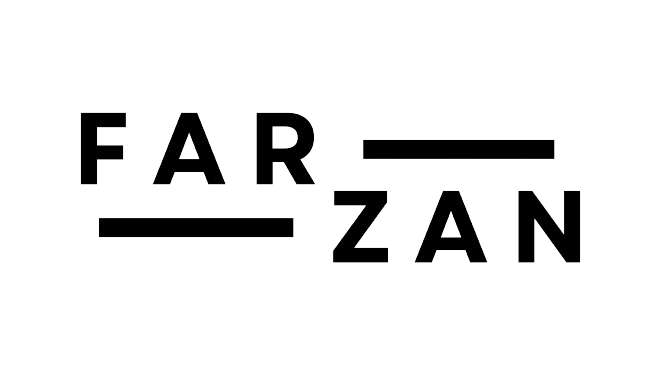In this respect I'll quote some scientific and authoritative sources so as to be beneficial for you too. Please note, however, that "All babies have their own internal developmental timetable. If your 9-month-old hasn't yet reached these milestones, rest assured that she will in time."[1]
Milestones this month
* Your baby now can pull himself up to a standing position from sitting down.
* He can stand while holding on to someone or something.
* Baby uses the "pincer grasp" holding tiny objects between his thumb and forefinger.
* He can walk while holding onto furniture.
* Baby drinks from a cup.
* He can stand alone for a few seconds or perhaps longer.
* Baby says "mama" or "dada."
* He understands the meaning of "no."
* Baby responds to simple commands (such as "Give Mommy the toy").[2]
Language comprehension
The torrent of words your child has been hearing since birth is beginning to work its magic. By now, your baby's understanding of words far outpaces her ability to use them, and her babbling is probably starting to sound more like real words, including "ma" and "da." (Don't get too excited just yet -- they're more than likely not actual words, just a couple of the host of sounds she babbles constantly.)
At this stage your child still comprehends more from your tone than from your actual words. The more you talk to her -- while preparing dinner, driving, or getting dressed -- the more your baby learns about communication. In fact, one study found that the greatest predictor of later intelligence is how many words a child hears daily. Of course, idle background chatter and time spent parked in front of the TV don't count -- to help your baby's comprehension, she must hear words and language used interactively.
At nine months, a baby begins to understand the word "no," but she may not obey just yet. However, she will respond to her name by looking around or by stopping what she's doing to see who called. Reinforce her recognition behaviour by saying her name frequently.[3]
Social Changes
* Your baby likes to spend quality time with you and your spouse. She is also interested in playing simple games like Peek-a-boo.
* Another favorite game she likes is playing with bath toys while having her bath. Floating ducks and boats are some of the most favorite toys.[4]
Mental Changes
* During this month, your baby observes people and pay attention to their activities. She is effectively doing 2 things at the same time.
* She manipulates and probes every part of an object with a keen mind. Her brain functions also improve rapidly.
* Her vision and line of sight improves. She easily identifies the direction in which a particular object is lying on the floor.
* She also develops a capacity to distinguish strangers from familiar faces. She may cling to you or try to hide when seeing a stranger.[5]
Signs that suggest a developmental problem
All children are different and develop at different rates, so if your baby doesn't do all the things listed in this article, it may be because they are working on some different area of learning and development. However, if your baby is very different from other children, or if you are worried about their development or it seems to go backwards, seek the advice of a health professional. Signs that could suggest a developmental problem include:
* Doesn't show pleasure when seeing familiar people
* Doesn't show anxiety when separated from main caregiver
* Is not sitting by nine to 10 months of age
* Is not starting to move around by any means
* Is not interested in new objects
* Babbling has not become more complex
* Doesn't babble in 'conversation' with others.[6]

----
Notes:
[1] yourbabytoday.com
[2] ibid
[3] babycentre.co.uk
[4] babydevelopmentnews.com
[5] ibid
[6] betterhealth.vic.gov.au
========
About Me:
I am a 279 days / 9 months, 1 weeks & 1 day old baby

